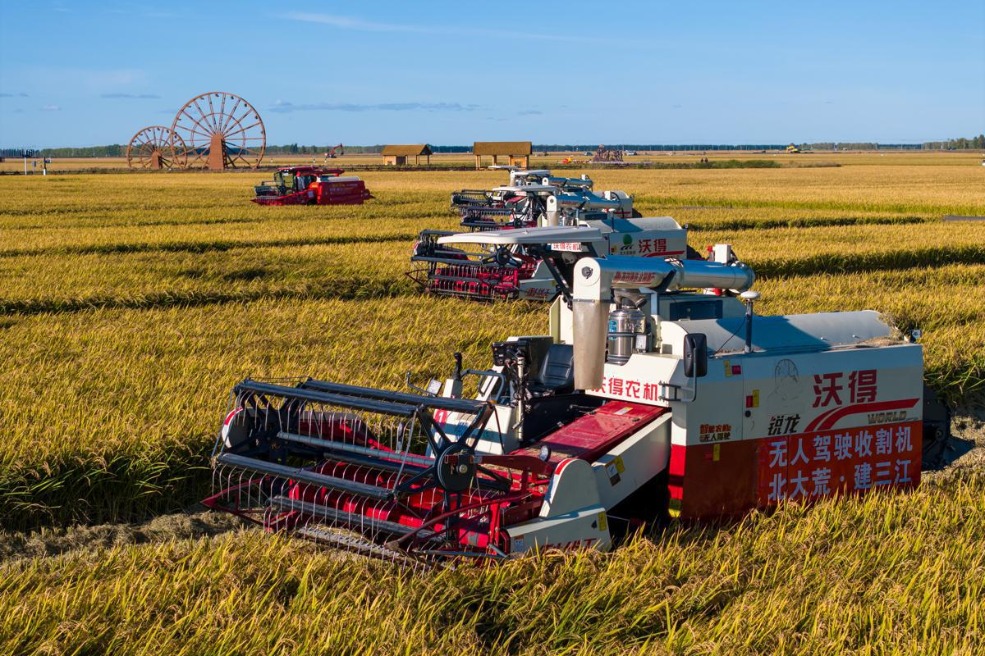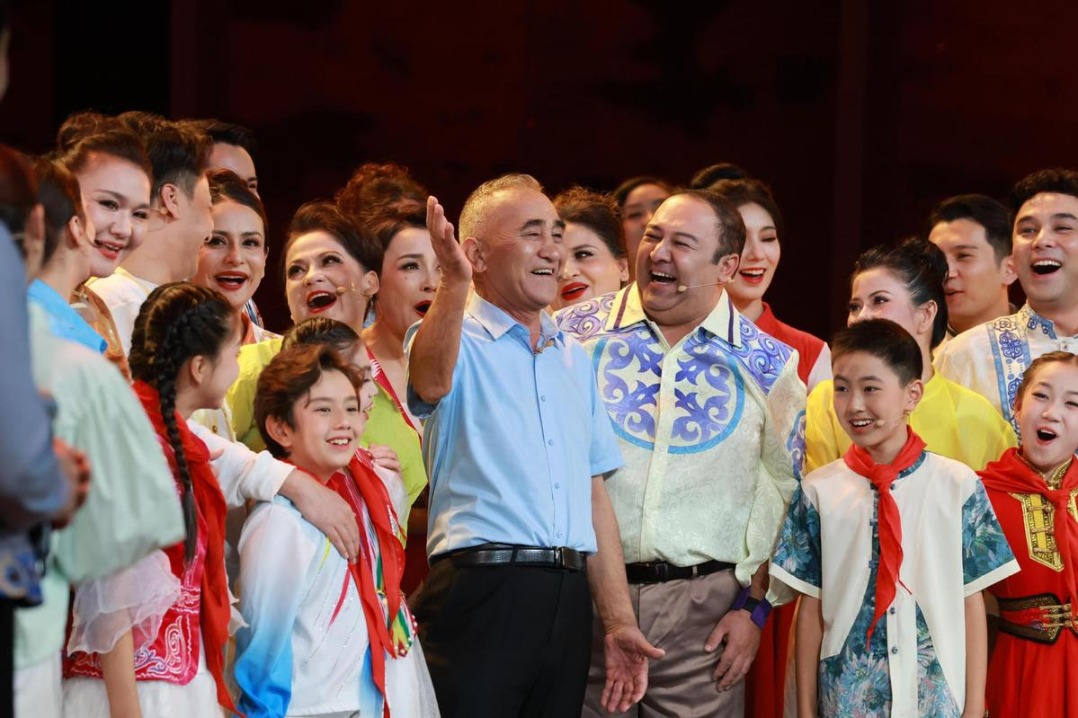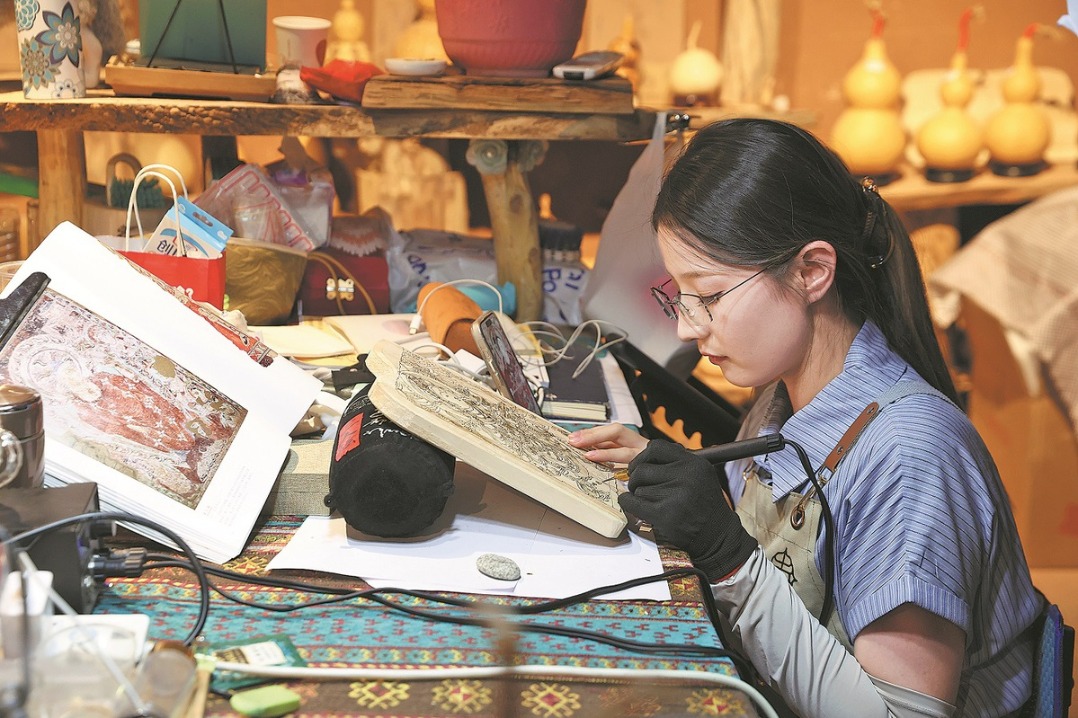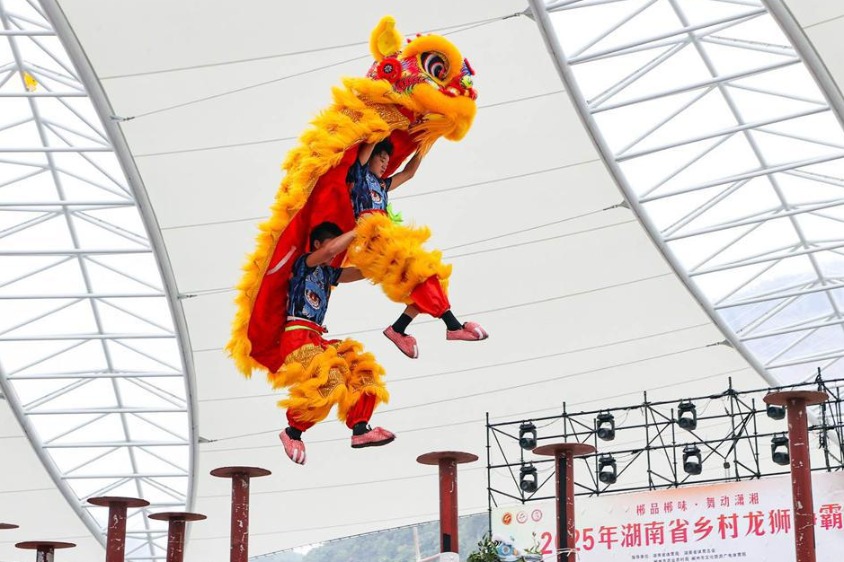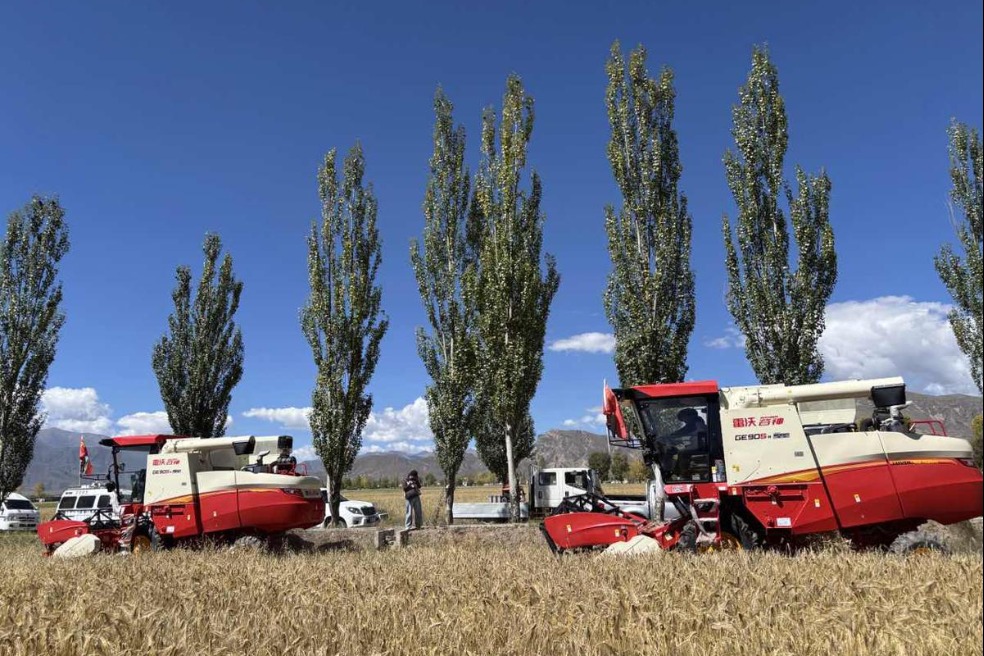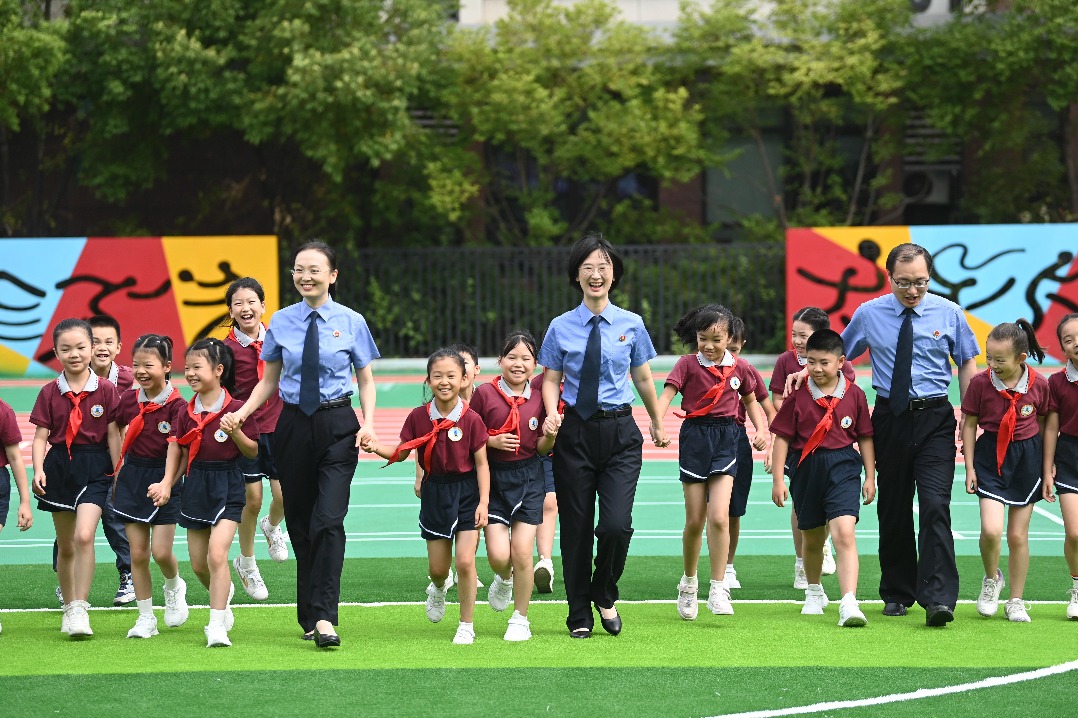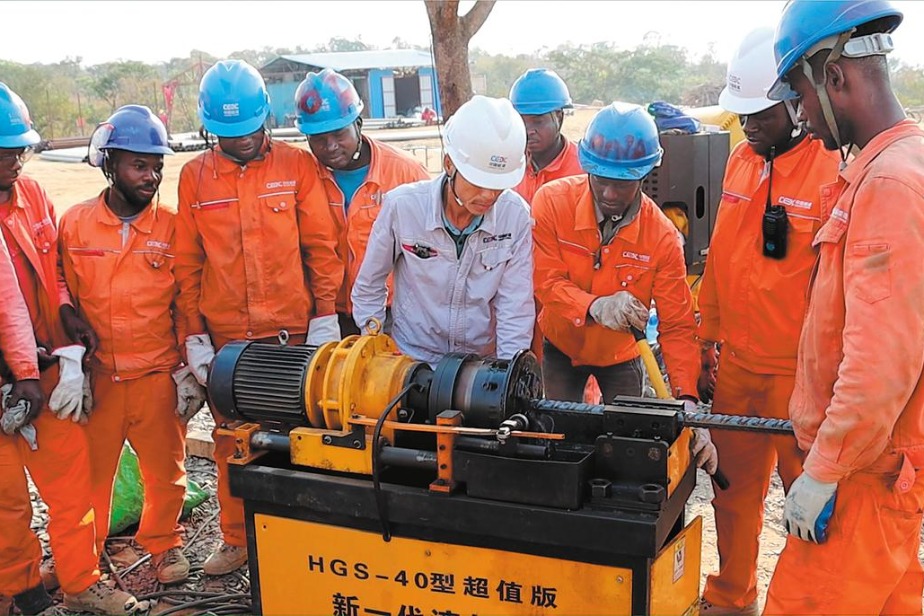70 years on, sports power Xinjiang's journey of unity, vitality and openness

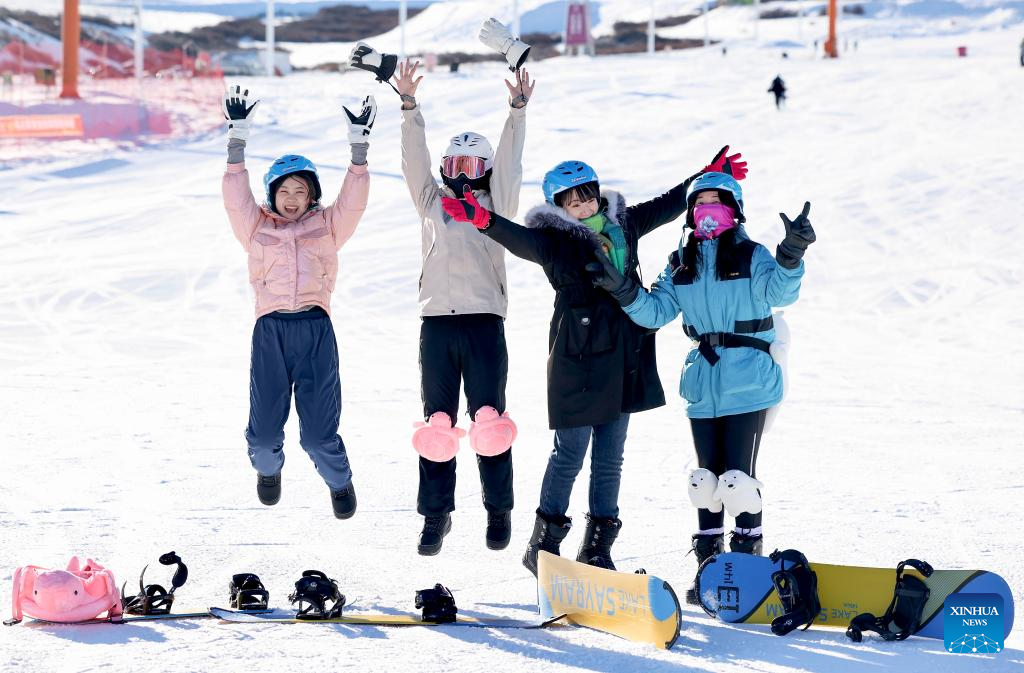
URUMQI -- Seventy years on, Xinjiang Uygur autonomous region has transformed from a remote frontier into a vibrant stage for sport.
From football fields in southern Xinjiang villages to ski slopes in the Altay Mountains, sports are building bridges among communities, driving economic growth and connecting the region with the world.
BUILDING UNITY THROUGH YOUTH SPORTS
On a September afternoon in Aksu, the final whistle of the first "Aid-Xinjiang Cup" middle school football tournament brought cheers from the crowd. The winning team, made up of players from both Zhejiang province and Xinjiang, lifted the trophy together.
"The goal may have been mine, but the honor belongs to all of us," said 14-year-old striker Zhou Haoye from Zhejiang.
Officials noted that such tournaments are designed not only to promote the sport but also to foster friendship. "Sports are where children grow together and gain trust," said Zhao Yuhu, an official of the local sports department. Xinjiang now organizes more than 30 regular youth football competitions each year.
Xinjiang has built 763 schools specializing in football, with more than 50,000 students involved in matches in 2025. In Ili, 12-year-old Adilet Senbek described his first trip outside the region to play in a tournament: "I felt like an eagle lifting me. The distance between Xinjiang and other provinces is not so far."
Basketball has also gained remarkable popularity. In Kashgar's Yecheng County, a local team stunned national audiences by winning the "Village Basketball Association (Village BA)" tournament. Returning home, player Bahadir Ainival set up a training camp for local children. "I want them to find joy in basketball, and also to open their horizon through it," he said.
Since 2012, Yecheng alone has distributed more than 300,000 basketballs to children and built more than 700 courts.
In northern Xinjiang, skiing has become a lifestyle. "Colorful ski clothes are now part of our local identity," said 19-year-old Gilimbek Qabken, who works at the Jiangjun Mountain Ski Resort. "Winter means welcoming friends from everywhere."
Sports have also fostered a new wave of elite athletes from younger generations. Post-2000s archer An Qixuan won a silver medal with her teammates at the Paris Olympics, sprinter Alixr Umar claimed gold in the men's 400m at the Asian U20 Athletics Championships, while former China men's basketball forward Abdusalam Abdurexit has inspired many with his comeback from injury.
DRIVING GROWTH THROUGH SPORTS AND TOURISM
The 2025 Urumqi Marathon, recognized as an A1-class race in China, attracted around 30,000 applicants. The course passed more than 20 city landmarks, turning the event into a showcase for urban life.
"Every step introduced me to a new side of Xinjiang," said runner Liu Pengbo from Shanghai.
Authorities linked the marathon with free public transport and discounted entry to scenic sites, extending its impact into the tourism sector. "In the past, visitors came to see landmarks. Now they come to experience vitality," said Shenzhen runner Su Hanyong, who explored new cultural centers on his sixth trip to Xinjiang.
The Taklimakan Rally, Asia's largest off-road race, has also become a magnet for visitors. The 2025 event involved 55 teams from nine countries and regions and drew more than four million tourists, generating nearly three billion yuan in revenue.
"The thrill is on the track, but the value is beyond it," said Du Jing, a Taklimakan Rally organizer.
In Altay, skiing has been branded as the region's signature attraction. With powder snow rivaling that of the Alps, the area received more than 16 million tourists last winter, a 26 percent increase year on year. Investments in flights, ski express trains and international cooperation have made the season one of the busiest for local businesses.
From marathons in cities to rallies in deserts and skiing in mountains, Xinjiang has created a cycle where sports fuel tourism, and tourism amplifies sports.
REACHING OUTWARD THROUGH SPORTS EXCHANGES
At the Asian Winter Games in Harbin earlier this year, 25-year-old skier Bayani Jialin from Xinjiang stood on the podium with a gold medal. "From an ordinary student to representing my country, I will never forget this journey," she said.
Such stories mark a shift. Decades ago, Xinjiang athletes were absent from global competitions. Today, they are winning medals and recognition.
UFC fighter Li Jingliang, who trains worldwide, put it simply: "Wherever I fight, I tell people about my hometown. Xinjiang is full of charm."
The region is also welcoming international partners. South Korean coach Yoo Young-tae came to Urumqi in 2010 to rebuild the wrestling team. Fifteen years later, he calls Xinjiang his second home. "This land is full of opportunities," he said.
In June, the "Kashgar Cup" international youth football invitational brought together teams from six Central Asian countries. Forty-eight foreign journalists covered the event, which generated nearly one billion online views. "Xinjiang's location gives it a unique chance to make sports a stage for friendship," said Wang Chen, a local organizer.
Other events - including youth boxing tournaments, wrestling exchanges with Central Asia, and cross-country skiing competitions recognized by the International Ski Federation - have further enhanced the region's international profile.
"Every visit improves skills, but also deepens understanding," said Jitender Raj Singh, head coach of India's women's boxing team. "We always feel the passion and professionalism here."
- 70 years on, sports power Xinjiang's journey of unity, vitality and openness
- Chinese space firm deploys IoT satellite constellation for global coverage
- CNS Fujian carrier's commissioning 'won't be far off': Ministry
- Chinese architect behind 'sponge city' concept dies in Brazil plane crash
- Typhoon Ragasa weakens after second landfall in Guangxi
- Intelligent harvesters with Beidou system reap rice in Heilongjiang
















